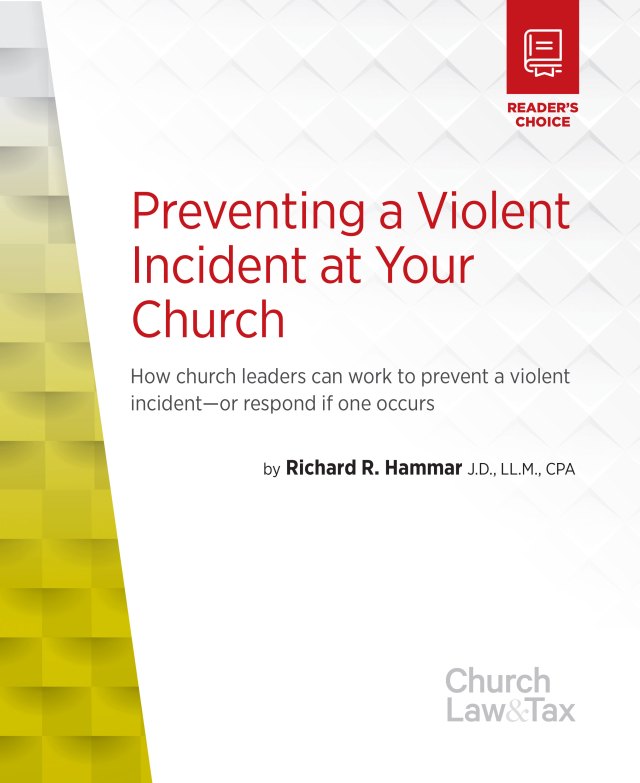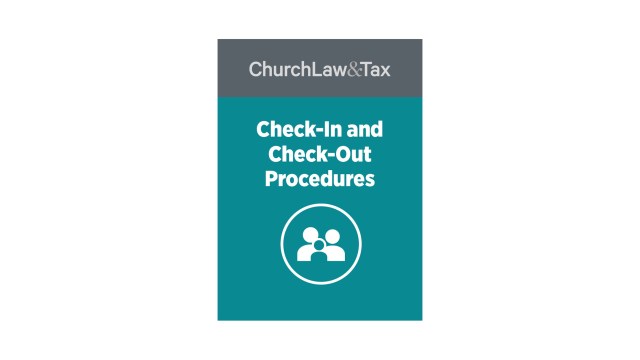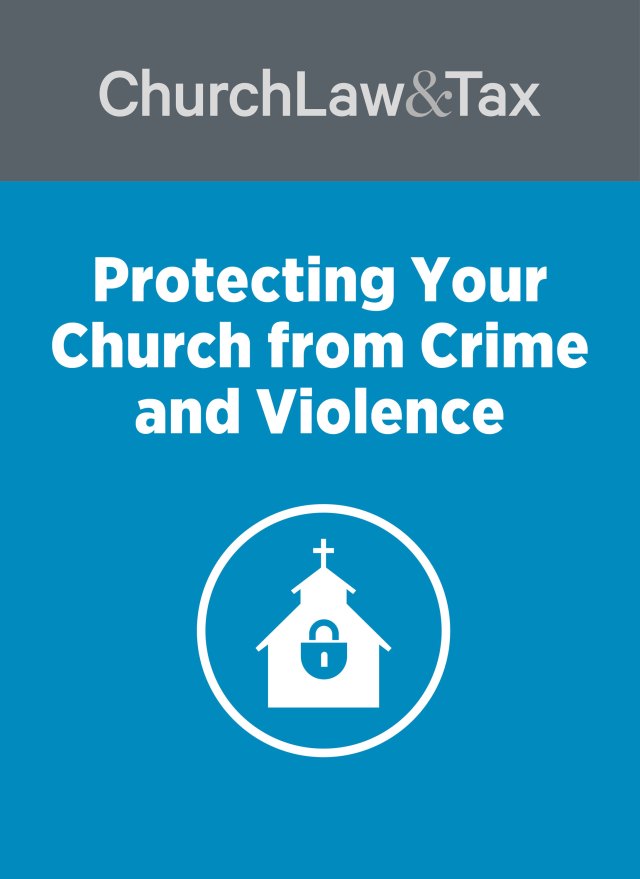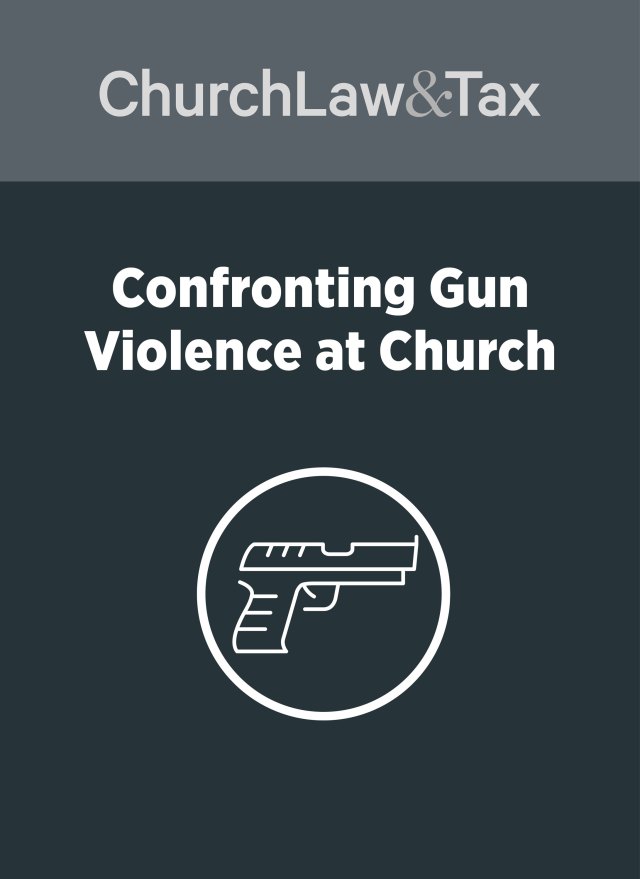Key point 7-17. Churches do not have to tolerate persons who disrupt religious services. Church leaders can ask a court to issue an order barring the disruptive person from the church’s premises. If the person violates the order, he or she may be removed from church premises by the police, and may be found to be in contempt of court.
An Illinois court refused to issue a restraining order barring a disruptive person from attending church.
The church had sought a restraining order against a man (the “defendant”) for multiple acts of harassment against the church, including:
- Distributing disparaging letters on the windshields of automobiles in the church parking lot during one of its morning services.
- Distributing similar letters on a second occasion. He was confronted by a staff member and asked to leave, to which he declared he had a right to be there.
- Ten years of repeated attempts to attack the reputation of the church and its pastor.
The letters stated that the church is “a corrupt church that needs to be thoroughly exposed . . . and is a disgrace to Christianity” because the pastor refused to suggest marital counseling when defendant’s wife left him after 40 years of marriage. The letters cite the church as an example of “how the devil gets into churches.” The defendant distributed the letters “door-to-door” to neighbors and in vehicles parked at nearby commercial establishments.
The church went to court seeking a restraining order banning the defendant from “communicating, publishing, or communicating, in any form, any writing naming or regarding [the pastor], his family, or any employee, staff, or member of the congregation of” the church. A trial judge granted the temporary restraining order but this ruling was reversed by a state appeals court. The court concluded:
Defendant’s conduct has no doubt distressed the pastor [who] alleged that it has “raised questions” among some of the letters’ recipients about his own “credibility” and that of the church, and that responding to their concerns has been, in his view, “an unwanted distraction and excessive waste of time.” However, we cannot silence the defendant when he is voicing protected criticism, no matter how much time, energy, or distress it costs petitioner. Even less can we silence defendant on the ground that his criticisms of the pastor may have gained some traction—as if we can shield the pastor from the need to answer allegations that, in the minds of some individuals, really do demand answers. That is viewpoint discrimination. Flood v. Wilk, 2018 IL App (1st) 172792-U.
As the US Supreme Court noted in McCullen v. Coakley, 134 S. Ct. 2518 (2014), speech prohibition that “favors one side in [a] debate” is viewpoint discrimination, “an egregious form of content discrimination.”
What this means for churches
Perhaps there is a disruptive person who attends your church. If so, this case demonstrates that, while the law may provide a remedy in some cases in the form of a restraining order, there is no guaranty it will. Many courts are loathe to restrict a person’s access to property except in extreme cases. Here are some options for church leaders to consider:
Call the police. This often is the best option.
Some churches use a police officer as a security guard during worship services. The officer will be able to confront a disruptive person with minimal to no liability for the church.
If someone threatens to inflict physical harm or to disrupt a worship service, and the church does not have a security guard, then immediate intervention by church staff may be necessary.
Physically restraining such a person should always be viewed as a last resort. More than one person should be involved in the restraint so that unfounded allegations of brutality can be rebutted. If this option is attempted, be sure to have someone make a video to rebut unfounded allegations of brutality by the restrained person.
In some cases church leaders may be able to avoid such incidents by obtaining a restraining order from a local court.
Ushers should periodically receive training on these issues.




